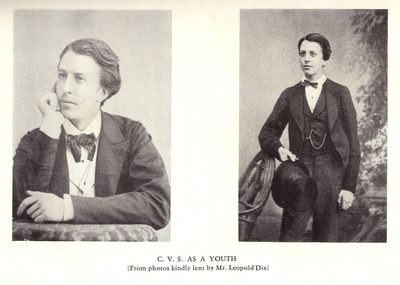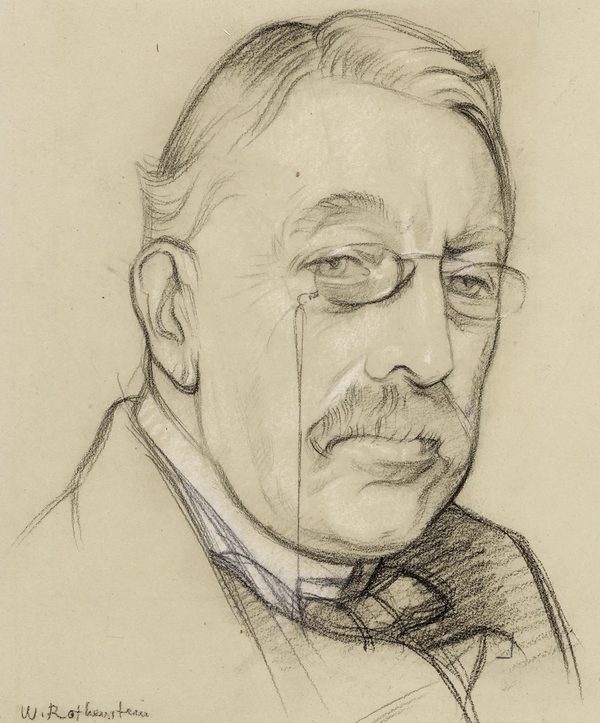News Story
Sir Charles Villiers Stanford (1852 – 1924) was an Anglo-Irish composer, music teacher, and conductor of the late Romantic era. Born to a well-off and highly musical family in Dublin, Stanford was educated at the University of Cambridge before studying music in Leipzig and Berlin.
Stanford's list of appointments is large, and contains highly influential posts. Some of which being:
- Organist of Trinity College, Cambridge.
- Founding member of the Royal College of Music.
- Professor of Music at Cambridge.
- Conductor of the Bach Choir.
Among Stanford's pupils were rising composers whose fame went on to surpass his own, such as Gustav Holst, Samuel Coleridge-Taylor and Ralph Vaughan Williams.

Stanford as a young man.
Credit: Leopold DixStanford was never an easy-going teacher. He insisted on one-to-one tutorials, and worked his pupils hard. One of them, Herbert Howells, recalled, "Corner any Stanford pupil you like, and ask him to confess the sins he most hated being discovered in by his master. He will tell you 'slovenliness' and 'vulgarity.' When these went into the teacher's room they came out, badly damaged. Against compromise with dubious material or workmanship Stanford stubbornly set his face.

Sir Charles Villiers Stanford, pencil and chalk.
Credit: Sir William Rothenstein, c. 1920; in the National Portrait Gallery, LondonStanford premiered 4 works with the Three Choirs Festival, being:
- Festival Overture (1877)
- Last Post (1900)
- Ye holy angels bright (1913)
- Fantasia (on the hymn tune Intercessors by Parry) (1922)
In 2024, The festival will feature his Three Latin Motets, Start Mater and his The Blue Bird. You can listen to these pieces below.
The festival will also feature the premiere of a new work by Jeremy Dibble, his Sonata for String Orchestra, which uses material created by Stanford.
More Stories...

Geraint Bowen, Artistic Director of the Hereford Three Choirs Festival, announces his retirement
19 September 2025Geraint Bowen has announced his retirement in 2026, concluding his tenure as Organist and Director of Music at Hereford Cathedral and Artistic Director of the Hereford Three Choirs Festival.More info
Three Choirs Festival attracts over 2,000 visitors per day across 8 days
5 August 2025The 297th festival hosted 71 events in venues throughout HerefordshireMore info
Their Royal Highnesses The Duke and Duchess of Gloucester attend the Three Choirs Festival 2025
30 July 2025The Three Choirs Festival was honoured to welcome Their Royal Highnesses The Duke and Duchess of Gloucester to Hereford on Tuesday 29 July 2025.More info